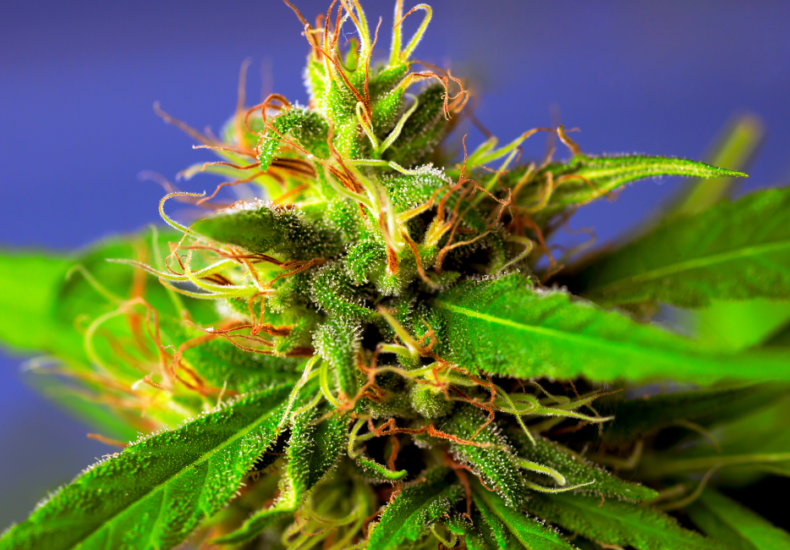
Cannabis for Sleep: Dreaming Naturally
Sleep is a fundamental aspect of human health, influencing everything from cognitive function to emotional well-being. Yet, millions struggle with sleep disorders, seeking solutions that range from pharmaceuticals to lifestyle changes. In recent years, cannabis has emerged as a potential aid for sleep, offering a natural alternative to traditional sleep medications.
The Science Behind Sleep and Cannabis
Understanding how cannabis for sleep requires a look at its active compounds, primarily cannabinoids like THC (tetrahydrocannabinol) and CBD (cannabidiol). These compounds interact with the body’s endocannabinoid system, which plays a role in regulating sleep, mood, and other physiological processes.
- THC: Known for its psychoactive effects, THC can induce drowsiness and help users fall asleep faster. However, high doses may lead to a decrease in REM sleep, the stage associated with dreaming.
- CBD: Unlike THC, CBD is non-psychoactive and may promote wakefulness during the day and relaxation at night, potentially improving overall sleep quality.
Research and Case Studies
Several studies have explored the impact of cannabis on sleep. A 2019 study published in the journal Medicines found that cannabis use led to significant improvements in sleep quality among individuals with insomnia. Participants reported falling asleep faster and experiencing fewer nighttime awakenings.
Another study in the Journal of Clinical Psychopharmacology highlighted the potential of CBD in reducing anxiety, which often contributes to sleep disturbances. By alleviating anxiety, CBD may indirectly enhance sleep quality.
Potential Benefits of Cannabis for Sleep
For those considering cannabis as a sleep aid, several potential benefits have been identified:
- Reduced Sleep Latency: Cannabis may help users fall asleep more quickly, reducing the time spent tossing and turning.
- Improved Sleep Duration: Some users report longer sleep durations, which can be beneficial for those with chronic sleep deprivation.
- Alleviation of Sleep Apnea Symptoms: Preliminary research suggests that cannabis may help reduce the frequency of apnea episodes, though more studies are needed.
Considerations and Cautions
While cannabis shows promise as a sleep aid, it’s not without potential drawbacks. High doses of THC can lead to next-day grogginess, and long-term use may affect sleep architecture, particularly REM sleep. Additionally, the legal status of cannabis varies widely, impacting accessibility and regulation.
It’s also important to consider individual differences in response to cannabis. Factors such as tolerance, method of consumption, and the specific strain used can all influence outcomes. Consulting with a healthcare professional is advisable, especially for those with underlying health conditions or those taking other medications.
Real-World Examples
Many individuals have shared personal anecdotes about using cannabis for sleep. For instance, a survey conducted by the Sleep Foundation found that 74% of respondents who used cannabis for sleep reported improvements in their sleep quality. These real-world experiences highlight the potential of cannabis as a viable option for those struggling with sleep issues.
Conclusion
Cannabis presents a promising avenue for those seeking natural sleep aids. With its potential to reduce sleep latency, improve sleep duration, and alleviate anxiety, it offers an alternative to traditional sleep medications. However, individual responses can vary, and potential side effects should be considered. As research continues to evolve, cannabis may become an increasingly accepted tool in the quest for better sleep.
Recent Posts
- Goldco Reviews Explained: Browsing the Globe of Gold IRAs
- A Side-by-Side Comparison of the Best Gold IRA Companies
- How to Convert Your Individual Retirement Account to Gold: A Beginner’s Guide
- Actual Capitalists Share Their Ideas on Lear Resources
- The Scientific Research Behind Mushroom Coffee: Why This Fad is Right Here to Remain